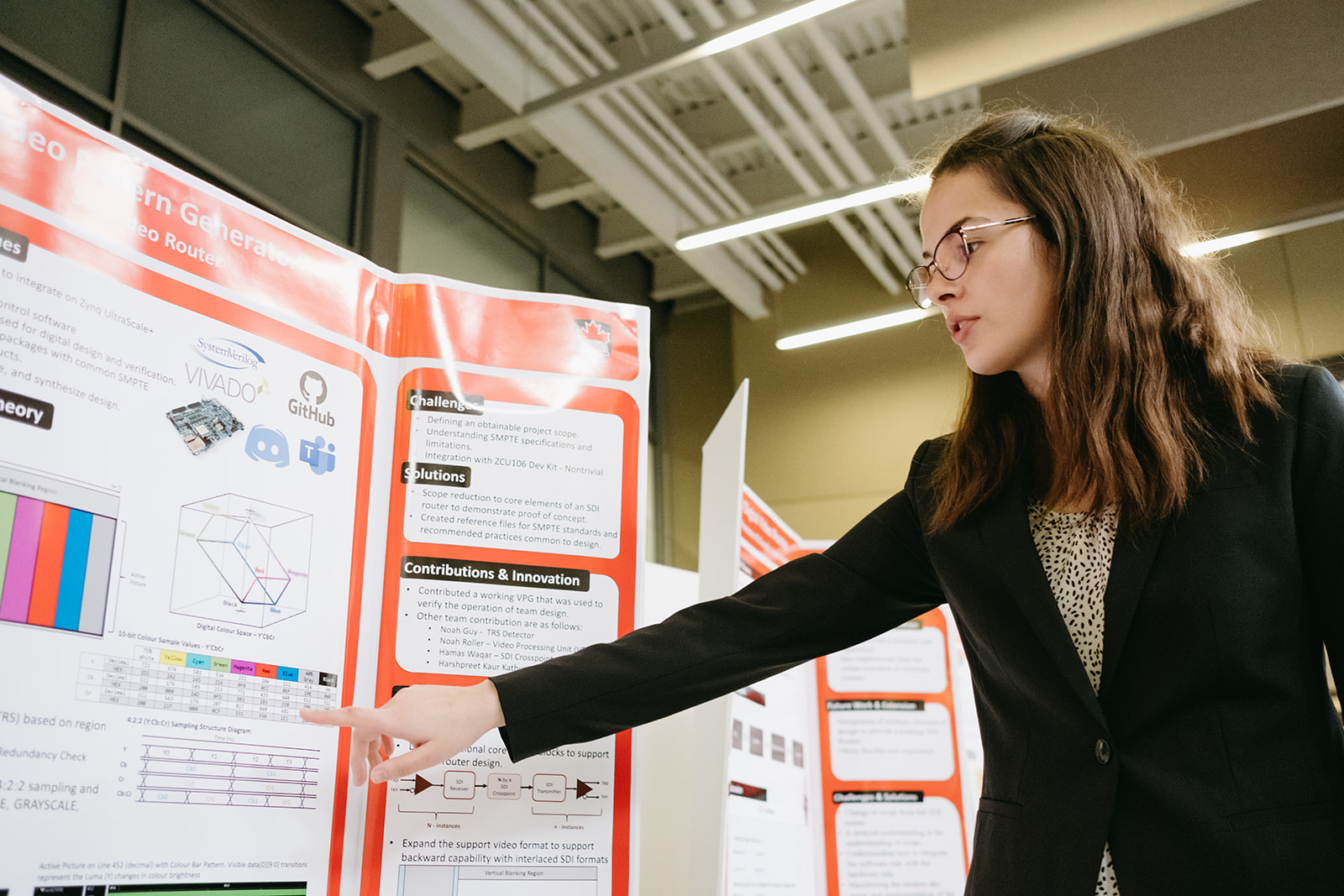Academic year 2024-2025 Projects
All projects officially start at the beginning of the academic year in September.
However, if the student(s) arrange an early agreement with their potential supervisors, in consultation with the Capstone supervisors, they can start their project early during the summer.
This arrangement gives students more time to work on the projects, and gives an early start to dedicate more time on the project. However, the project will still finish in Winter term along with the other projects (i.e., a two term Capstone project plus any early start in the summer). Students should carefully browse through the available projects for the current academic year to find their preferences based on their interest and background. Due to sabbaticals and other types of academic work load adjustments, several professors do not offer 4th-year projects in any one academic year and only the ones listed below are the project offerings. Consult the project selection process page for more details on the steps.

Students may wish to contact professors directly to get more details on their proposed projects before finalizing their decision. Sometimes a student or a group of students approach a professor and convince him or her that they have the motivation and the necessary background to undertake a certain project. They still need to file the application form and indicate this mutual interest. In this case, the individual or the group may start acquiring the background material for the project during the summer.
Before proceeding further with project selection, make sure that you have reviewed the projects options on ECOR4907 Multidisciplinary Engineering Project, as they are reviewed and processed separately from ELEC/SREE courses. The following ELEC/SREE projects are currently offered for 2024-2025 academic year (gradually more being added).
Project Fundings
Funding avenue is available to students through the Department of Electronics (DoE) with a capped budget. A funding request to the Department of Electronics (details available on the course Brightspace page later during the term) must be made with detailed budget information. The deadlines for the funding application is listed in the calendar section.
